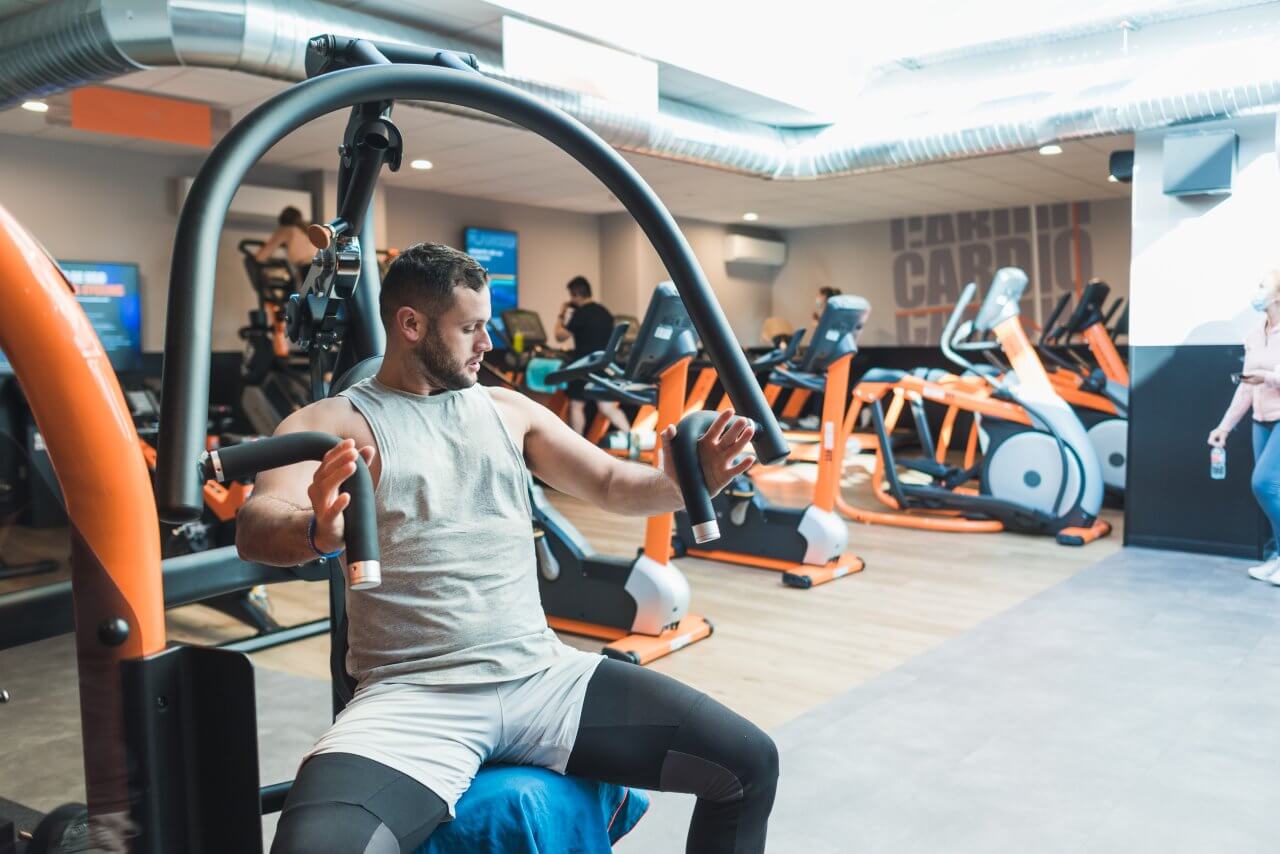Normal Testosterone Levels by Age

Testosterone is a hormone produced by both men and women. It plays a particularly important role in men, where it promotes muscle mass development, affects sex drive, and regulates sperm production. This hormone also influences behaviors like competitiveness and aggression.
Testosterone levels tend to decline as a person gets older. This article addresses common questions about this crucial hormone. What is the average testosterone level by age? What’s involved in the assessment of testosterone levels? Is 500 a good testosterone level? Read on for details.
Understanding Testosterone Levels
Testosterone is present in the womb and essential to normal fetal development, including the development of the male reproductive system.
The testosterone level in boys and men changes throughout life. At any point, there’s a range that doctors consider normal. They measure testosterone using a blood test, with results provided in nanograms per deciliter (ng/dL).
Average Testosterone Levels by Age
| Age Group | Normal Testosterone Range |
|---|---|
| Male Infants (0–6 months) | 75 – 400 ng/dL |
| Children (around age 10) | 7 – 130 ng/dL |
| Early Teens (12–13 years) | 7 – 800 ng/dL |
| Mid Teens (15–16 years) | 100 – 1,200 ng/dL |
| Late Teens (17–18 years) | 300 – 1,200 ng/dL |
| Adults (19+ years) | 300 – 1,000 ng/dL |
Note: ng/dL stands for nanograms per deciliter, which is a unit of measurement used to express the concentration of a substance in the blood—like testosterone.
Testosterone plays a critical role in the bodies of boys and men. Because the adequate level varies by age, doctors commonly get questions from patients, like “What should a 40-year-old male’s testosterone level be?” or “ What is the average testosterone level for a male aged 50?”
Some specific testosterone levels for different ages are listed below. However, it’s crucial to see that they are ranges and to know your goal shouldn’t necessarily be to reach or exceed the high end of the spectrum.
Reference charts on testosterone levels by age typically include the following breakdowns:
Normal testosterone level in children
Male babies who are a few months old should have a testosterone level between 75 and 400 ng/dL. At age 10, the normal range is 7 to 130 ng/dL.
Normal testosterone level in early teens
Boys 12 or 13 years old should have a testosterone level of 7 to 800 ng/dL. By the time they reach 15 to 16 years old, teen boys typically have a testosterone level of 100 to 1,200 ng/dL.
Normal testosterone level in late teens
Testosterone levels peak in the late teens. Doctors consider 300 to 1,200 ng/dL the normal range.
Testosterone level in adults 19+ years old
At 19 or older, men should have a testosterone level of 300 to 1,000 ng/dL.
So, if you’re wondering, “What are good total testosterone levels by age, these figures should answer that question. Or if you want to know, “Is 1,200 testosterone too high?” you can see that it depends on your age.
Be aware that testosterone levels tend to decline by approximately 1% per year after age 30 and that there is debate about what constitutes low testosterone or “low T.” Many providers aren’t alarmed by a reading somewhat below the “normal” range, especially in middle-aged and older men, if the person isn’t experiencing symptoms they want to address.
Low T Symptoms
Low T can cause physical symptoms and, in some cases, emotional/psychological concerns — mainly when the condition affects sexual performance.
- Low T symptoms include:
- Decreased sex drive
- Decreased frequency and quality of erections
- Reduced overall muscle mass
- Decreased strength
- Low bone density
- Fatigue or low energy
- Frequently feeling depressed
If you experience any of these symptoms, you might start addressing the issue by asking your doctor, “What is a good testosterone level for a man my age?” They can provide the figure and order a blood test to check your testosterone level.
Women and Testosterone Levels
While testosterone is the primary male hormone, women’s bodies also need the right amount for optimal health. As a woman enters menopause, her estrogen level drops, affecting her estrogen-testosterone balance.
High testosterone levels or imbalance can cause:
- Acne
- Loss of hair on the head
- Facial hair
- Absent or irregular periods
- Infertility
- Low testosterone levels can cause decreased sex drive and weak bones
Your doctor can order testing and prescribe treatment if you have concerns and the measurement shows that your testosterone level is high.
Talk with Your Baptist Health Doctor About Average Testosterone Levels by Age
Contact your primary care physician if you think you may have low T and want to address it. They can talk with you about natural ways to increase testosterone, like exercise. They can also explain testosterone replacement therapy. And if appropriate, they can refer you to a specialist called a urologist.
If you don’t have a Baptist Health doctor, you can find one using our online provider directory.
Next Steps and Useful Resources



